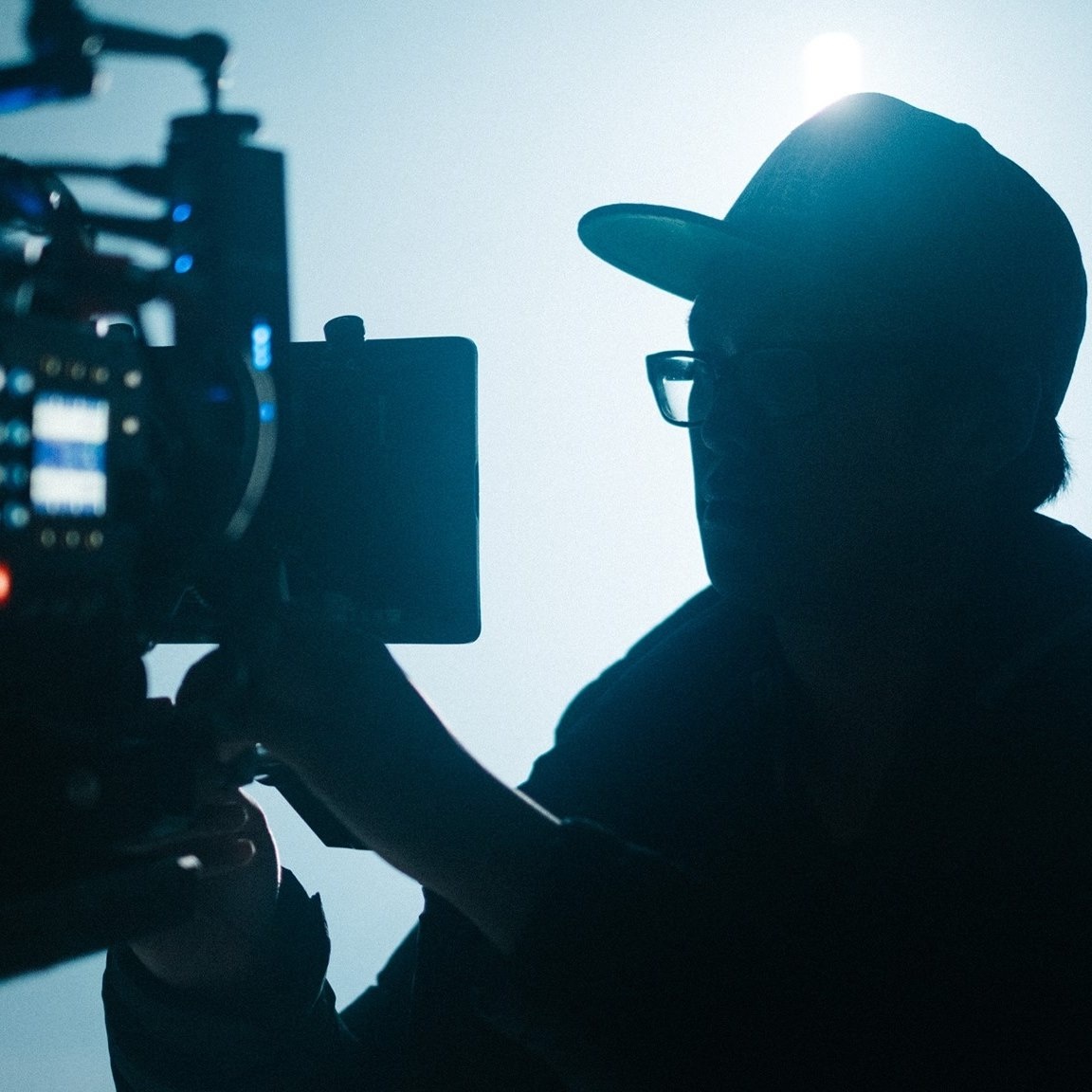What or who inspired you to get involved in the screen industry and how did you decide what part you wanted to work in?
Since a young age, I have been drawn to TV, films and animations. As a kid, I could recite dialogue from an entire film or episodes from my favourite drama series. At university, I completed a degree majoring in CGI, animation, post-production and game design. This is when I got to experience the fun of filmmaking for the first time. This is also the time when I first watched Stanley Kubrick’s A Clockwork Orange. This film really inspired me to be fully immersed in the film industry. However, it was growing up watching Wong Kar Wai’s films that made me want to be in the camera department. I love how he uses visuals to tell stories.
Tell us about some of your favourite roles to date?
Hunt for the Wilderpeople was a highlight for me since I got to work on a set with Taika Waititi. Seeing a set with a very creative director who was supported by a bunch of experienced and skilled crew was a big learning experience for me.
Recently, I worked on two South Pacific Pictures’ dramas back to back – Westside, series five and The Brokenwood Mysteries, season six. Together, they took over half a year to film. They are the longest drama series I’ve worked on so far. A big, long drama shoot can feel like an office job. However, I still enjoyed them since I got to learn a lot about the process of filmmaking, camera techniques, lighting and different drama directors’ methods.
Other than recent drama work, I used to mainly do TV commercial and content work. One of my favourite jobs was shooting Les Mills’ fitness classes. They usually require four to five Arri cameras and I would be the only camera assistant. The fun part of this kind of job is the challenge to manage all these cameras by yourself, efficiently.
On every film set, a camera assistant will have to do cards, battery management, camera building and trouble shooting at the same time. Doing all of this with very limited time, while not making a mistake with multiple cameras and being able to put every little piece back into their original place can be challenging. This is what makes the job fun.
Give us a rundown of your typical work week?
During drama shoots, we work from Monday to Friday. We always aim to arrive 15 to 30 minutes before our pre-call to make sure we’re on time. Most people use this time to have coffee and breakfast. A typical day for focus pullers would start with a 15 minute pre-call to set-up the cameras and our focus stations.
When it’s call time, we shoot for five hours then break 45 minutes for lunch. After lunch we shoot for another five hours. To finish off the day, we spend a further 15 minutes to pack the cameras and our focus stations away, getting them ready for travel and for the next day’s shooting. I would repeat this process five times a week for the 11 to 14 weeks of a drama shoot.
Where do you see yourself in 4-7 years?
My goal is to be a director of photography. In four to seven years’, I would like to have gained enough experience and knowledge to be able to call myself a director of photography and to make a living out of it.
What would be your best piece of advice for other young people starting their first role in the industry?
Have good work ethic. It shows others that you are passionate, professional and most importantly, reliable. You may not have the skills, knowledge and experience, but with the right attitude others are more open to training you. It takes a lot of time, money and effort to train someone, so prove yourself worthy of this opportunity.
What is the vibe in the screen industry across Auckland now?
Now is a good time to start in the industry as so much is happening in Auckland. Avatar is shooting; the television series based on Lord of the Rings, which will be shooting for five years is starting soon; Netflix shows; and many other local productions are happening too. All of these are great opportunities for new people to take their first steps into the film industry. You will be able to work and learn under the best people in the industry, and it can lead to more opportunities with these in your CV.
